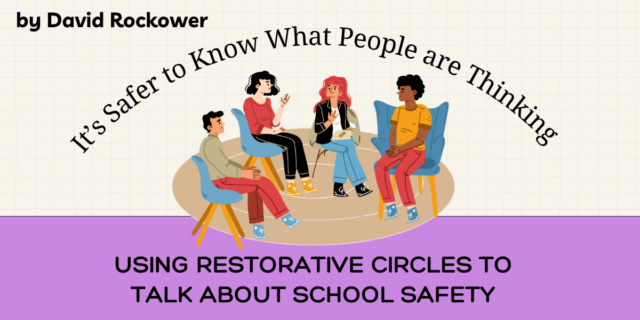
Welcome to the Heinemann PD Professional Learning Community Series! This month, we learn how to open discussions about sensitive topics, and hopefully help bend our world toward social justice.
♦ ♦ ♦ ♦
“If we cannot always achieve justice in the classroom or school, perhaps we can at least make our students aware of, and give them practice in, its multifaceted nature and challenges so they can more honestly grapple with it now and in the future as citizens of an inspiring, exasperating, capitalistic, democratic republic.” —Greg Jouriles
♦ ♦ ♦ ♦
How do we break down the abstract facets of justice so students can learn, question, and explore dilemmas? In this Heinemann Digital Library article by social sciences educator Greg Jouriles, we learn about a beneficial framework that is both civic and pedagogical, presenting opportunities to help students develop skills of citizenship.
Fostering empathy and intellectual skills in students builds a foundation for students to find a sense of their place within a democracy, as well as gain relevant practice with the responsibilities of citizenship. As you read his article, think about what you noticed about the process Greg utilized to provide an opportunity for practice.

♦ ♦ ♦ ♦

Greg Jouriles (@gjouriles) has taught social science at Hillsdale High School in San Mateo, California, since 1985. At Hillsdale, Greg helped develop project-based humanities curriculum, presented at conferences, founded and coached the mock trial team, served as mentor teacher, and is a cooperating teacher with the Stanford Teacher Education Program, district teachers association bargaining chair and union president, and helped lead Hillsdale’s smaller-learning community reform. He is currently facilitating school-wide performance assessments and coordinating the San Mateo County mock trial program.
Related Reading

In Chapter 5 of Youth Scribes: Teaching a Love of Writing, R. Joseph Rodríguez discusses "Living Antiracism and Equity." In the following adapted excerpt, he describes a writing assignment where students can question and analyze moments of antiracism.

The following is an adapted excerpt from Rebecca Bellingham and Veronica Scott's The Artful to Exploring Identity and Fostering Belonging. See the book for the figure version of this post.
